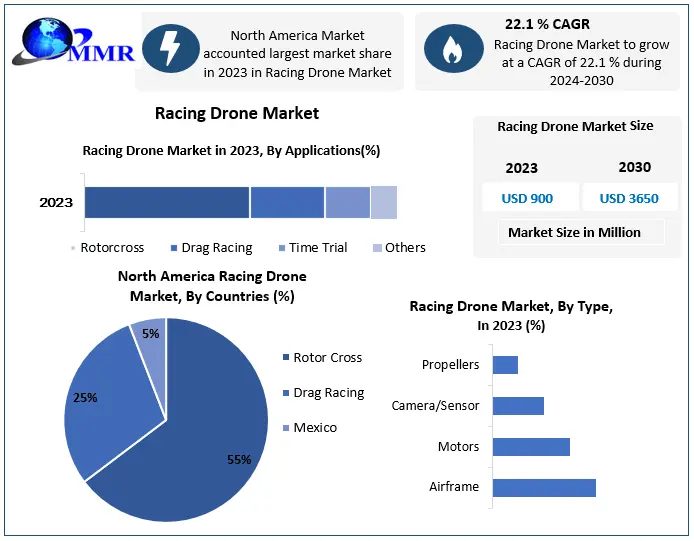In an era where mobile applications dominate our digital interactions, businesses across industries depend on them to engage customers, optimize operations, and enhance user experience. However, as mobile apps become more prevalent, so do the security threats that target them. Prioritizing strong security protocols in custom mobile app development is essential to safeguard user data and maintain trust.
The Rising Threat of Mobile Security Breaches
With the increase in cyber threats, mobile applications have become prime targets for hackers. The vulnerabilities in mobile apps can lead to data leaks, financial losses, and reputational damage. Businesses that fail to implement stringent security protocols risk exposing sensitive user information to cybercriminals.
Some common security threats include:
-
Data breaches: Unauthorized access to user data due to weak encryption or security loopholes.
-
Malware attacks: Hackers use malicious software to infiltrate mobile apps and steal information.
-
Phishing scams: Deceptive tactics trick users into revealing confidential information.
-
Weak authentication: Poor login security measures make it easier for unauthorized users to access sensitive data.
To mitigate these risks, organizations must prioritize security in custom mobile app development from the very beginning.
Why Custom Mobile App Development Requires Advanced Security
Unlike generic off-the-shelf solutions, custom mobile app development allows businesses to implement security features tailored to their unique needs. Here are key reasons why customized security is essential:
1. Protection Against Unique Threats
Each business has specific security requirements. A custom mobile app is designed with security measures that align with industry standards and regulations, ensuring protection against sector-specific threats.
2. Enhanced Data Encryption
Encryption plays a crucial role in safeguarding user data. Custom apps can integrate advanced encryption algorithms to protect sensitive information from unauthorized access.
3. Secure API Integrations
Most mobile applications rely on third-party APIs for enhanced functionality. Custom apps can ensure that APIs are securely integrated, reducing the risk of data leaks and cyberattacks.
4. Robust Authentication Mechanisms
Custom applications enable the use of multi-factor authentication (MFA), biometric verification, and role-based access controls, adding extra layers of security.
5. Regular Security Audits and Updates
Custom apps allow businesses to conduct periodic security assessments and software updates to address new threats as they emerge.
The Role of Secure UI/UX Design in App Security
User experience (UX) and security go hand in hand. A poorly designed app can lead to security vulnerabilities that expose users to risks. Businesses looking to develop secure mobile applications should hire responsive web designers who understand security best practices.
How Responsive Web Designers Contribute to Security
-
User-Friendly Authentication: Secure yet simple authentication methods ensure users comply with security protocols without frustration.
-
Seamless Security Alerts: Intuitive UI design ensures security warnings are clear and actionable.
-
Secure Data Input Fields: Prevents users from entering sensitive information in insecure fields.
By integrating security-focused UI/UX design, businesses can enhance user trust while safeguarding their apps.
IoT and Mobile App Security: A Growing Concern
The rise of custom IoT solutions has added another layer of complexity to mobile app security. IoT devices communicate with mobile applications to exchange data, making them potential entry points for cyber threats.
Key Security Challenges in IoT-Integrated Mobile Apps
-
Device Vulnerabilities: IoT devices often lack robust security protocols, making them susceptible to attacks.
-
Unsecured Network Connections: Data transmission between IoT devices and mobile apps must be encrypted to prevent breaches.
-
Firmware and Software Updates: Regular updates are crucial to address vulnerabilities and ensure security compliance.
To protect IoT-integrated mobile apps, developers must adopt advanced security frameworks that safeguard both the mobile application and connected IoT devices.
Best Practices for Securing Custom Mobile Apps
-
Implement End-to-End Encryption: Secure data transmission between users, servers, and APIs.
-
Adopt Zero Trust Security Model: Verify all users and devices before granting access.
-
Perform Regular Penetration Testing: Identify security weaknesses before hackers do.
-
Enable Real-Time Threat Detection: Use AI-driven security solutions to detect and neutralize threats instantly.
-
Ensure Compliance with Industry Standards: Follow regulations such as GDPR, HIPAA, and PCI DSS.
Conclusion
As cyber threats continue to evolve, prioritizing security in custom mobile app development is more important than ever. Businesses must take proactive steps to implement robust security measures, including secure authentication, encryption, and regular security audits. Additionally, organizations should hire responsive web designers to ensure a secure and user-friendly experience.
With the growing adoption of custom IoT solutions, businesses must also address security concerns related to connected devices. By staying ahead of security threats, companies can protect user data, maintain trust, and build resilient mobile applications that stand the test of time.












